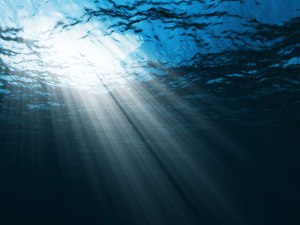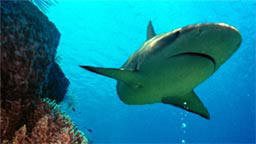There are practical and encouraging methods to tell children about marine conservation. Instead of the traditional way involving theories and long lectures, instructors can get fun and creative. Parents and educators must also have an open-mind regarding this matter to encourage the same among their children. Here are several alternative methods to get children in touch with marine ecosystems:
Go to the beach
On a day that is not so crowded, it might be fun to go to a beach with children. Show them how to keep the beach clean and talk to them about the importance of having uncontaminated seas. If there are sea creatures present, they may look at it but taking species like starfish and snails to their respective homes is discouraged.

Image source: Nationalgeographic.com
Go to an aquarium/ research facility
Going to an aquarium that is known for being kind to sea creatures could also be a good place to start teaching children about marine conservation. Asking the help from a marine biologist could give the adults and the kids the much-needed know-how and information. Having a professional who studied marine life could be good exposure for both teachers and students.
Teach about oil spills and damages to reefs
This may be a heavy topic but exposing children to this reality will open their eyes to what might happen if they don’t start taking care of marine life. Talking to children about this should not be overly theoretical or political. However, educators must be faithful to the facts and present possible solutions to avoid stressing out the children.

Image source: Earthskids.com
The younger generation must be aware of what is happening to the environment. As the world faces the adverse effects of climate change, sustainable solutions must be implemented to preserve humanity’s quality of life.
Dr. Russ Lea wants people to “acknowledge strong leadership, with sensitivity to innovation and entrepreneurship.” A research and development (R&D) expert, he helps academic institutions and their faculty entrepreneurs build innovative facilities for innovative research. Some of his most successful projects include the North Carolina Research Campus, the the Coastal Studies Institute, the University of South Alabama’s Tech Park, and the South East Coastal Ocean Observing System. Visit this website for more information about his initiatives.